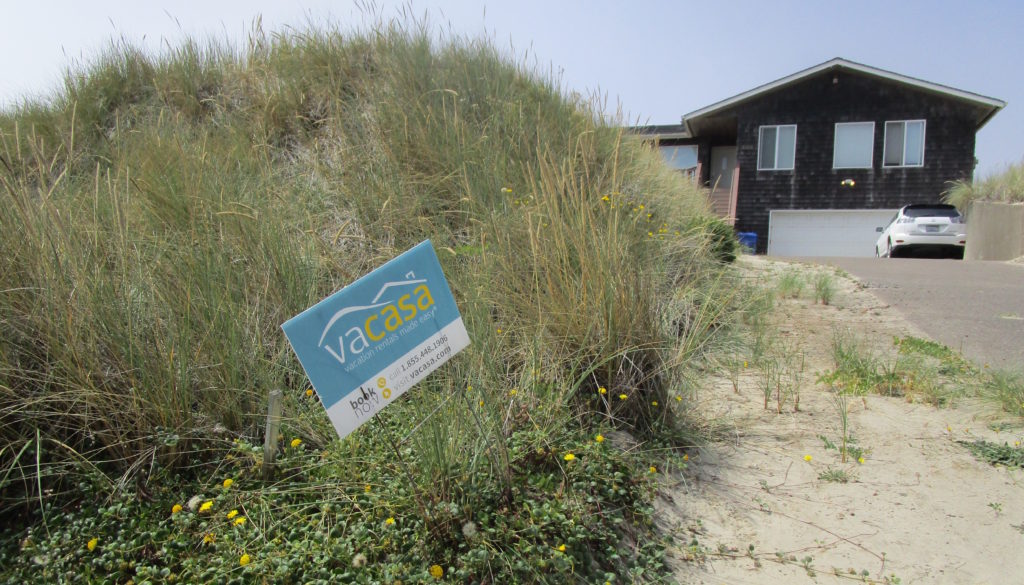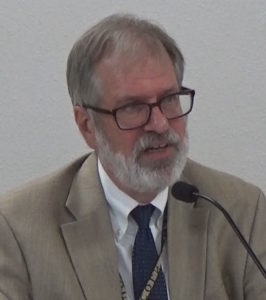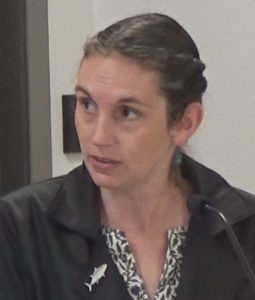
By QUINTON SMITH/YachatsNews.com
Lincoln County staff is recommending that commissioners look closely at sharp, new restrictions on vacation rentals in unincorporated areas of the county, including some sort of limit on the number of licenses.
Commissioners agreed last week to discuss the recommendations, possibly in December before a nearly year-long moratorium on new licenses expires Dec. 31.
There are 576 licensed short-term rentals in unincorporated areas – land outside the seven cities in Lincoln County, many of which have their own limits and different regulations. A list of 65 unlicensed rentals in unincorporated areas has now been trimmed to 31, according to the Lincoln County Sheriff’s Office, which oversees licensing and enforcement.
County commissioners and staff have been trying to work on new regulations or approaches to dealing with the burgeoning number of vacation rentals in unincorporated areas. But from March to November that work mostly stopped as the county focused on coronavirus and wildfire emergencies.

In suggesting new starting points for the regulations, county Counsel Wayne Belmont told commissioners Nov. 16 that “the 800-pound gorilla in the room” is a initiative petition circulating by vacation rental opponents that would phase out licenses in residential zones in unincorporated Lincoln County. That petition needs nearly 1,500 signatures to get on the ballot sometime next year.
Commissioners told Belmont to go ahead with fine-tuning the regulations, since only the voters would have the ultimate decision if or when the initiative qualifies for the ballot.
The changes to current licensing regulations suggested by Belmont and other county staff represents much further tightening than when commissioners last discussed the issues nine months ago. Staff is now recommending commissioners discuss:
- Requiring all septic systems serving short-term rentals to be inspected to see if they are working properly, and for inspectors to determine the capacity of each system. Staff had previously recommended inspections for just those rentals without current county septic permits. Belmont said such inspections would help establish an occupant capacity for each rental “no matter what is authorized under the code.”
- Limiting a rental’s maximum occupancy – with a few grandfathered exceptions — to two people per bedroom. If the rental has three bedrooms, the maximum capacity would be six, for example; if four bedrooms, the capacity would be eight. The proposal would also have occupancy limits in effect day and night, which would stop the rental from being used for large gatherings or events, Belmont said. The county currently bases capacity on a total of three overnight guests per bedroom plus two others, one of the most lenient in Oregon. A three-bedroom rental could legally have 11 people stay there, for example. “This single change, in our view, will do more to lessen the possible issues with parking, noise and garbage (less people = less impact) than any other action you take,” Belmont wrote in the recommendation.
- Developing new or refining the current “three strikes” rule under which rental owners lose their license if they get three verified complaints not addressed or responded to in a timely manner.
- Developing a permanent cap on the number of licenses, whether there should be geographic areas in unincorporated Lincoln County with their own caps, and if or how to allow licenses to be transferred to a new property owner.
Commissioners agreed that Belmont and county staff should develop language for the tighter regulations they are suggesting, but that each would be discussed individually.
Because commissioners have been meeting only online since March, Belmont said the county has to figure out several ways for the public to weigh in as the proposed regulations are being formed and discussed. On Monday, the county updated the short-term rental section of its website, adding Belmont’s latest memo and giving people a link to email their comments to commissioners.
Belmont said most coastal cities have some sort of license limit, whether on total numbers or in geographic zones. All three commissioners expressed interest in exploring caps in certain areas and but were uncertain about a permanent, overall limit.

“I’m in favor of exploring the cap issue,” said Commission Chair Kaety Jacobson. “But I can’t tell you what that number is.”
Commissioners Claire Hall and Doug Hunt also said they were open to discussing both an overall cap and other regulations that could limit the number of rentals in specific geographic areas or zones. Hunt had previously opposed limiting the number of vacation rentals, instead advocating closer and better enforcement of existing and any new regulations.


